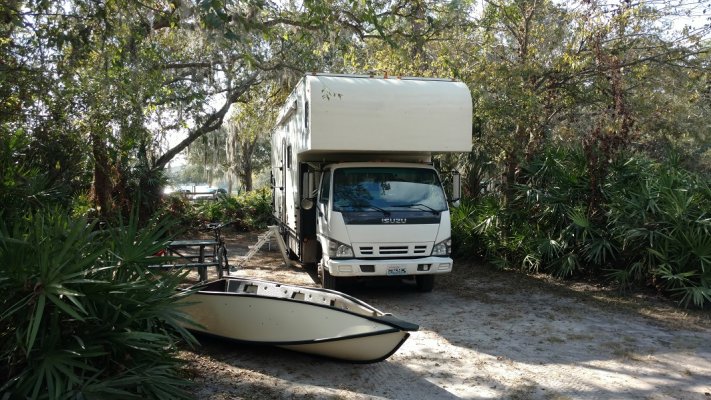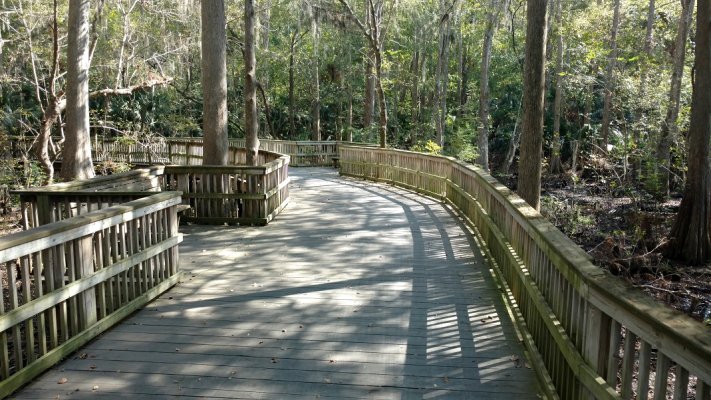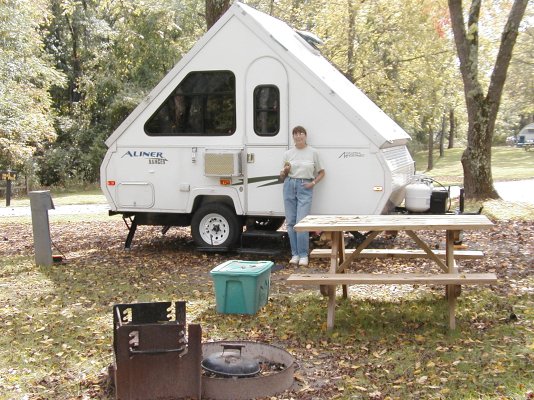Two close friends of mine picked up a 1994 Ford V8 powered 30 or so foot RV with about 40,000 miles on it last year for $4,500. It had new tires and was in "reasonable' condition, but was not used in a few years. It was in outdoor storage with a cover over it.
Once on the road, the cab A/C went out ($1500 repair), brake cylinders started leaking (new brake job for $1,200), there were several leaks in a rain storm (re-caulk all windows and seams - $800). In addition to those immediate repairs, the fresh water tank plumbing started to leak and had to be replaced (not sure of the cost, but it was several hundred).
They decided to upgrade the dry rotted interior cushions and mattresses and spent another $1000 or so. Other fixes, done by me, were electrical upgrades like USB port installations, a new radio, a digital TV antenna, etc. Parts were about $400, labor free.
The Formica on the counter tops and sinks was peeling up so all that was replaced by a team of myself and them. Material cost was several hundred.
Fortunately, the V8 engine was in good shape and all we had to replace was an alternator and a few coolant hoses.
After use this summer in Hot Texas, the automatic transmission started to slip. A "soft" rebuild was done for $2,500 (clutches, gaskets, O rings, etc).
At the end of this use season, the 4 KW generator quit. The rear field shaft ball bearing failed and I pulled the unit and repaired it. That saved the guys about $4,500 which is the cost of a new Cummins RV generator.
Other than that, the RV has been pretty good and is now in storage for the winter. Here's a picture of the RV after we reinstalled the 4KW generator:
View attachment 24958



